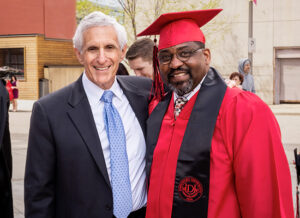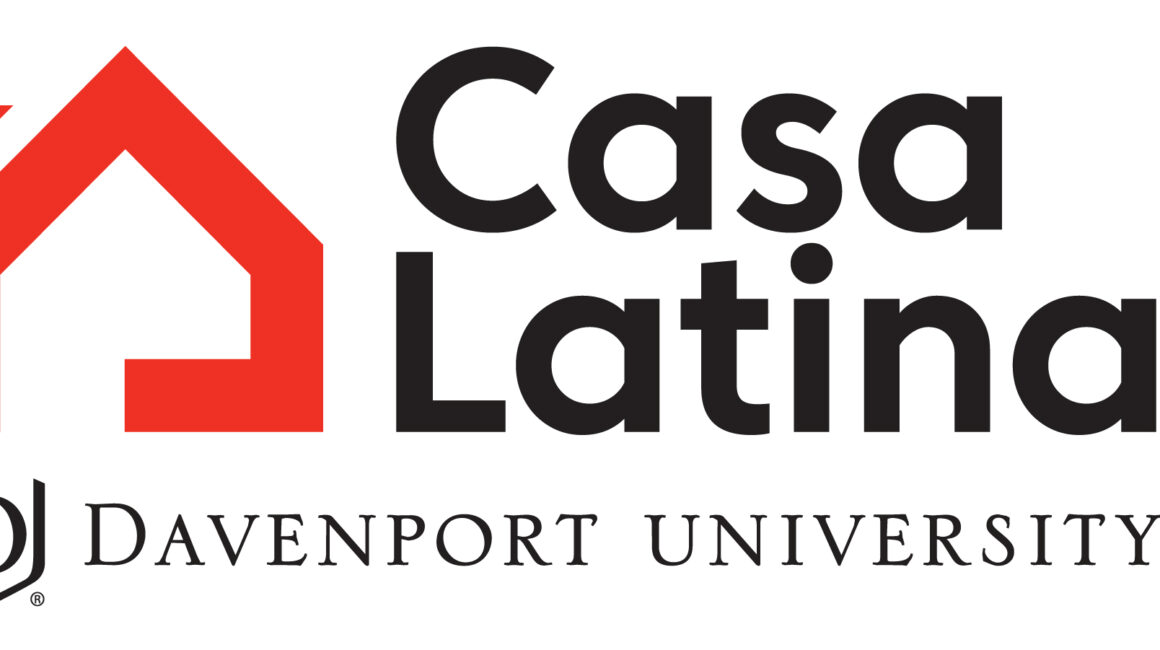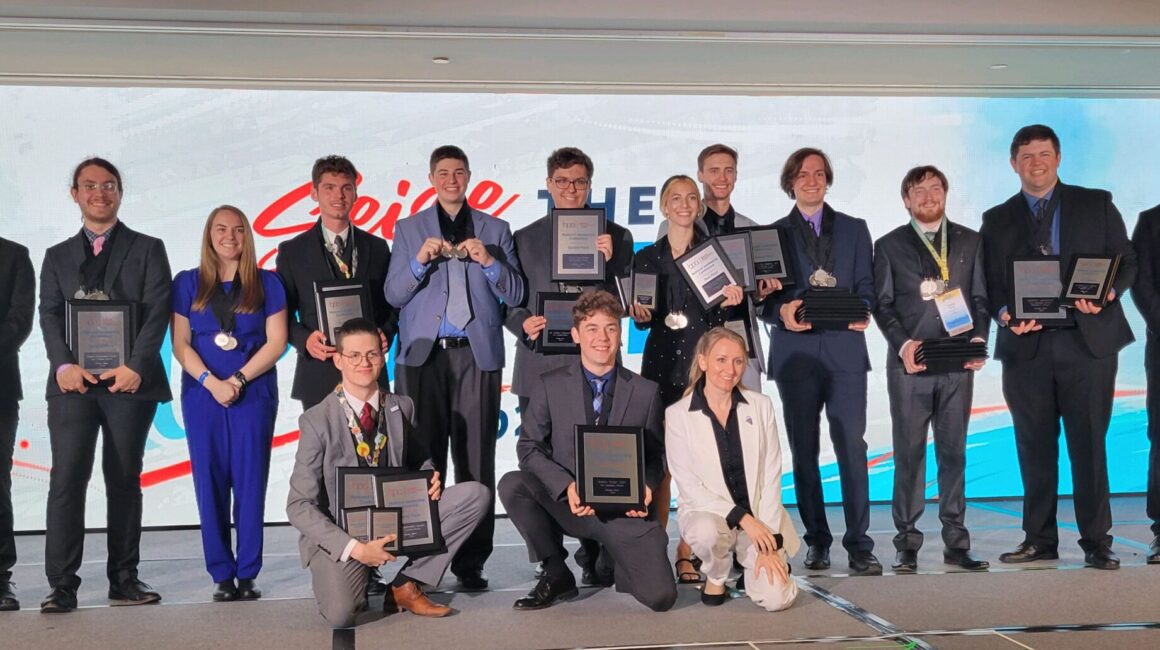
A note from Dr. Richard J. Pappas
Today, our education system has profound and systemic issues rooted in societal barriers embedded in our elementary and secondary schools and playing out in higher education. It is the education crisis facing our state’s future talent and economy.
Affluent families have migrated to the suburbs, while low-income families are concentrated in more urban settings. According to the Institute for Student Achievement, urban schools often serve students living in poverty, students of color, English language learners, and special education students. Teachers and administrators within urban schools often lack the resources and adequate training in culturally responsive teaching to support their students. This results in an especially high turnover rate for teachers and leaders because those new to the profession may not be prepared to address the challenges encountered in underserved urban communities.
As a result, students in urban schools are at a significant disadvantage. According to the National Student Clearinghouse Research Center, only 27% of high school students from schools with low-income and high diversity complete college within six years, a 24-percentage point gap compared to students from higher-income and less-diverse schools at 51%.
The likelihood of these students earning a higher education becomes even more daunting when you consider the challenges these students face as the first in their family to attend college. Many first-generation students don’t understand the complicated system or the financial gauntlet that higher education has established. As a result, the National Center for Education Statistics reports nearly 30% of first-generation students typically drop out of college after their first year.
Helping students to graduate from college shouldn’t be the only measure of success for higher education. It’s not enough. Students who invest in earning a higher education should expect to land a successful career. Unfortunately, this isn’t always the case. Last year, Inside Higher Education reported 41% of college graduates couldn’t find a job after graduation.
 Through Davenport University’s Vision 2025, I believe this university is uniquely positioned to disrupt these long-standing problems facing our state and the nation. Over the course of the next five years, Davenport stands ready to address these challenges head-on.
Through Davenport University’s Vision 2025, I believe this university is uniquely positioned to disrupt these long-standing problems facing our state and the nation. Over the course of the next five years, Davenport stands ready to address these challenges head-on.
We have created targeted education to help train and support teachers and administrators in the urban setting. We launched the College of Urban Education five years ago to prepare incredibly talented educators with the tools they require to address students’ unique needs. Our program has yielded significant results, with nearly a 35% increase in overall education attainment and engagement for participating classrooms. With this vision, we will increase our support of urban schools by introducing a new undergraduate pathway to teacher certification that ensures teachers are prepared to succeed in an urban setting from day one.
We are also removing many of the barriers in place for first-generation students by wrapping them in support. Each will be offered a peer mentor to help them navigate their education and their decisions. They will be provided with additional specifically designed resources to address any financial or emotional challenges unique to the first-generation student. We’ve already seen incredible results with our first-generation peer mentoring pilot program, with 91% of participants returning for the second year of college.
By employing focused resources to improve first-generation students’ support, we will eliminate performance gaps and achieve our goal of dramatically increasing first-generation retention equal to all Davenport University students reaching graduation. There are also cultural and language barriers at play in higher education. The Latinx population is the fastest-growing in the United States and the least represented in higher education. Today, only 7% of our entire student population is Latinx, and that’s unacceptable.
We are establishing a new initiative to support Latinx students. We are creating bilingual resources for students and working closely with communities to build trust and support to ensure their success. We are also looking at our workforce and making a concerted effort to hire more employees of color. We want our students to see people like them in our faculty and staff.
All of these efforts will also be supported by our work to address accessibility for students. It’s not sufficient to offer classes online. We need to provide these classes in modes that meet students’ needs, whether courses are served up on a mobile phone, tablet or desktop. We’re creating opportunities for students to interact virtually and employ game-play learning. We are working hard to ensure all of our students have the equipment and internet access they need to participate, regardless of their location. All of these efforts are designed to make education accessible and impactful.
I am confident in Davenport’s ability to address these real needs for our community. Why? Because we have the discipline in place to set goals and achieve them. Our recent recognition as the only university to earn the prestigious Michigan Performance Excellence State Baldrige Award serves as a strong indicator of our ability to deliver quality education for our students. A perfect example? Ten years ago, Davenport set a goal to increase graduation rates. Today, we have far exceeded our targets and improved our students’ graduation rate by 174%.
Access to affordable, quality education can change communities. But it depends on widespread support. I wish I could tell you these initiatives are easy to achieve. They aren’t. But as a university, we have the ability to change the trajectory of our students’ and their families’ lives.
It’s time to change the dynamics of higher education, and Davenport is poised to do just that. We will help students at all levels, regardless of background or socioeconomic status, achieve success. We will uphold our long-standing legacy of offering degrees, certifications and non-credit professional programs within industries that are growing and offer rewarding careers. We will create the strong and diverse talent our future economy needs.



No Responses